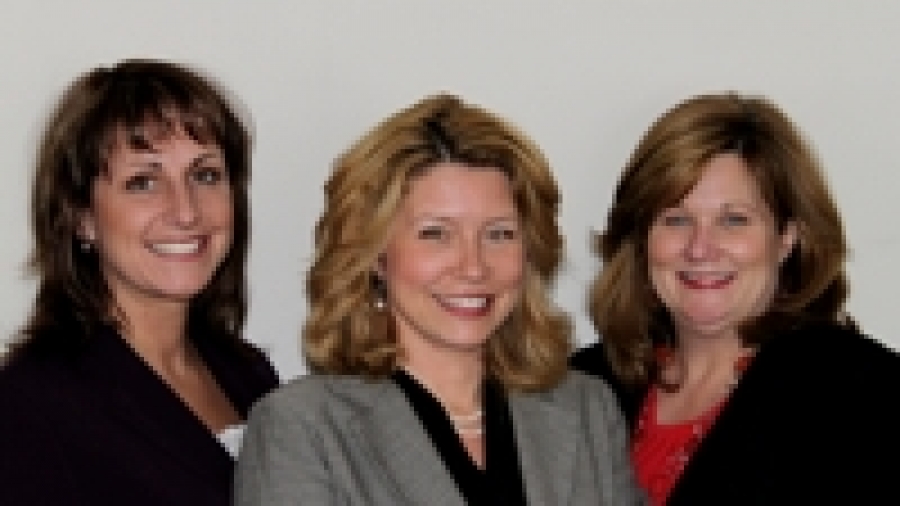Have you ever been to a coaching program that got you motivated, inspired, and excited? I've been in coaching for 14 years, and I always look forward to my quarterly days out of the office to reset my mind and declare a new path or continue to work on the path I've created. Last week I had the privilege of running my quarterly nation-wide program. How exciting! Over 75 people were in the room, but what made it compelling was not just the lawyer members, but their entire law firms came with them, and this was the third meeting.
Those who have not had the benefit of good coaching might wonder, what is the purpose of such a program? To make you think about things you would not ordinarily consider, that is, those things right in front of you that might be sabotaging or supporting your success. It’s meant to make you ask a powerful question: Why? Why am I not getting where I want to be?
This quarter's theme was perspective. Whose perspective are you in, and where does your perspective come from? Interestingly, it was a hardy conversation, but what many discovered that ultimately led to many great tears was how much we allow our past to impact our present and future. A simple bad or unpleasant experience paints us in so many ways that it prevents us from seeing some of the beauty that might be right in front of us. Being free of these past experiences allows a whole new possibility and a whole new vision of what can be. And it all came out from asking "Why?"
So, as you pause and reflect on your past and think of the things that draw energy from you rather than give you energy, take time to let go and understand that it was just a moment in time. It was just a series of circumstances that brought this issue about, and it was by no means a definition of who you are or what you are meant to be. So why do we have these conversations? Because asking why works. In fact, for a great read, I highly recommend the book First Ask Why. It is one of the most powerful books, leading you to find your purpose and value in life.
David J. Zumpano, Esq, CPA, Co-founder Lawyers With Purpose, Founder and Senior Partner of Estate Planning Law Center (aka – estate planning attorney – just like you).





















